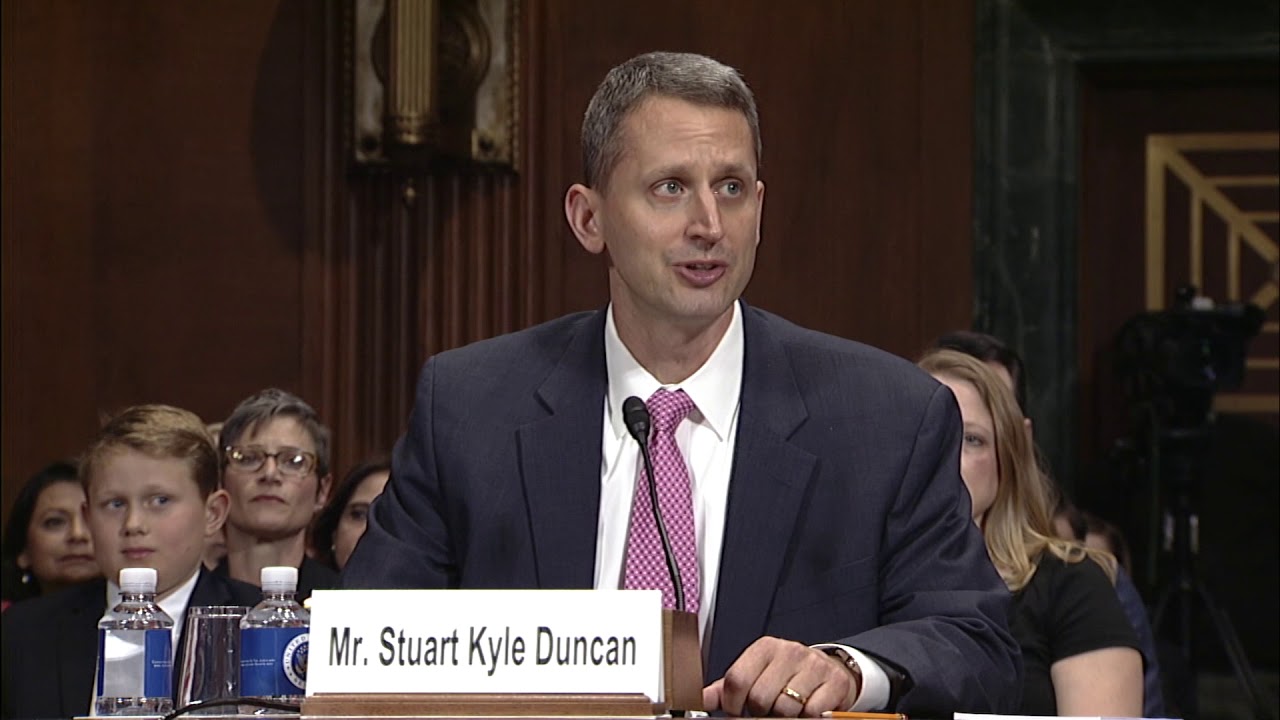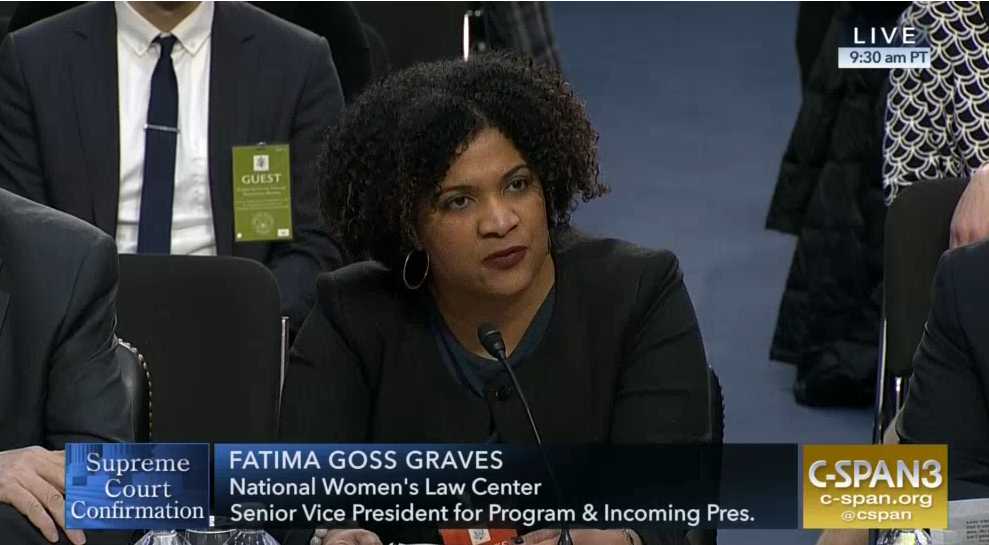The Supreme Court Nomination: Update
Next week, the Senate returns from its Easter recess. It’s been over two weeks since President Obama nominated Judge Merrick Garland, chief judge of the D.C. Circuit, to be an Associate Justice on the Supreme Court. So it seemed timely to take stock of where the nomination stands.
The nominee
It’s well-established that Judge Garland possesses impeccable credentials, nineteen years of experience as a highly-regarded federal appellate court judge (which is more judicial experience than any other previous Supreme Court nominee), and a widespread reputation as a thoughtful, careful, consensus-building jurist who is dedicated to the rule of law. Attempts to characterize some of his decisions as ideological have been largely discredited.
Bipartisan support.
In addition to the conservative lawyers who voiced their support for Judge Garland immediately following his nomination, former Reagan Administration official Charles Cooper, who supported Judge Garland when he was nominated to the D.C. Circuit, recently reaffirmed that support, stating that his “high opinion of Judge Garland has not changed — indeed, it has only strengthened — over the course of the 19 years since I wrote these words.” In addition, Judge Brett Kavanagh, who was nominated to the D.C. Circuit by President G.W. Bush after serving in his administration, called his colleague “a brilliant jurist.” He added, “[Garland] is supremely qualified by the objective characteristics of experience, temperament, writing ability, scholarly ability for the Supreme Court.”
Public support for the Senate to consider the nomination of Judge Garland.
According to a recent national survey, two-thirds of Americans – including a majority of Republicans – want the Senate to move forward with hearings for Judge Garland; a narrower majority supports his confirmation. This polling is consistent with previous research showing majority support for the Senate to consider Judge Garland’s nomination.
Meetings with Senators.
Judge Garland has met with at least ten Senators, including Republican Senator Mark Kirk of Illinois, who “lavished praise on the Illinois native as a ‘brilliant’ legal mind who is ‘one of the most eminent jurists in the country.’” Judge Garland also met with Senators Joe Donnelly (IN), Ben Cardin (MD), Kirstin Gillibrand (NY), and Al Franken (MN), who observed, “I think [Judge Garland] is the kind of justice that American people after having these hearings would say I kind of want nine of these.” When the Senate returns on Monday, meetings between the nominee and Senators are expected to continue. In addition to Senator Kirk, Republican Senators Ayotte, Boozman, Cassidy, Cochran, Collins, Flake, Grassley, Inhofe, Johnson, Lankford, Moran, Murkowski, Portman, Rounds, and Toomey have agreed to meet with Judge Garland.
Republican Senators who support holding hearings.
Senator Kirk, along with Senators Collins, Murkowski, and Roberts, have stated publicly their view that Judge Garland should receive a hearing before the Senate Judiciary Committee.
What’s at stake:
This week, the eight-member Supreme Court handed down a decision with a tie vote in Friedrichs v. California Teachers Association. The decision of the lower court was affirmed by this equally divided vote, but it lacks precedential value. Although the result is a positive one for working women, people of color, and LGBT individuals, as the Washington Post observed, the decision underscores why the Court needs to be working at full strength with nine Justices.
Where does this leave us? As White House spokesperson Josh Earnest noted this week, there has been movement in the number of Republican Senators willing to at least meet with the nominee — which shows that the position of Senate Republican leadership is truly extreme and untenable, and hopefully will soon be abandoned. And although Senate Majority Leader has declared his opposition to holding post-election hearings during the lame duck session, a number of other theories for moving the nomination forward have been floated. It would be so much easier, consistent with Senate precedent and practice, and in line with what the American people expect and want from their elected representatives, if Senate Republicans would just #DoYourJob and ensure a timely hearing and vote for Judge Garland’s nomination.
Update: This weekend, Senator Murkowski of Alaska and Senator Moran of Kansas withdrew their previous statements supporting a hearing for Judge Garland. Back in March, Senator Moran had issued a statement supporting a hearing, explaining, “I believe I have a duty to ask tough questions and demand answers,” and before Judge Garland was announced as the nominee, Senator Murkowski had told reporters, “I do believe that the nominee should get a hearing.” Unfortunately, these Senators have now said that because they oppose the nominee, they are not in favor of holding a hearing. Senators, you have it all wrong — a fair process requires a hearing and a vote. Here’s hoping these two change their minds right back and decide to #DoYourJob!




